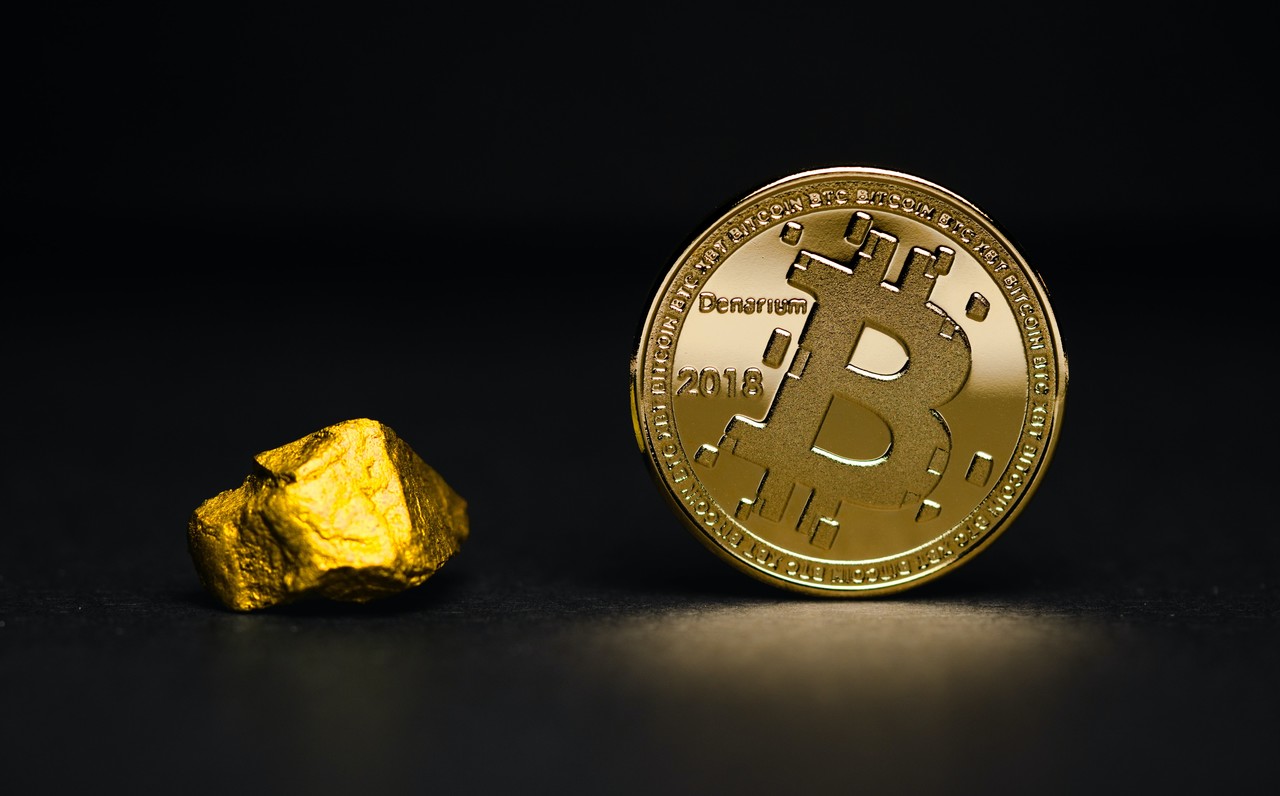

As the cryptocurrency (virtual real estate) market is growing day by day, the government is showing an awkward appearance over cryptocurrency regulation measures.
From next year, the government has already recognized the asset value of cryptocurrency, such as imposing taxes on cryptocurrency transaction gains and inheritance and donations. However, as with financial products such as stocks, the government is not willing to respond to the industry’s demand for active management in order to stabilize and revitalize the market due to concerns that speculation can be encouraged. That doesn’t mean we can’t just let go of it, and we leave banks and other financial companies to first verify the cryptocurrency market. Industry is complaining about the government’s ambiguous attitude.
In accordance with the amendment to the Specific Financial Information Act, which took effect in March, cryptocurrency exchanges must obtain a bank account of a customer whose real name has been verified in order to provide KRW deposit and withdrawal services. This is to determine the source of the funds entering and leaving the cryptocurrency exchange for the Financial Information Analysis Institute.
Real-name bank account registration is a tricky hurdle for cryptocurrency exchanges. This is because the bank verifies whether the exchange is trustworthy and makes its own judgment. Currently, only four of the domestic cryptocurrency exchanges, Bithumb (NH Nonghyup Bank), Upbit (K Bank), Coinone (NH Nonghyup Bank), and Kobit (Shinhan Bank) accept bank accounts.
Other exchanges will not be able to service KRW deposit/withdrawal after that unless they receive a real-name account by September 24, which is the grace period. In fact, you will not be able to do business. For this reason, it is expected that a bunch of small and medium-sized exchanges that cannot secure real-name accounts until September may close their business.
Banks that have partnered with cryptocurrency exchanges are also responsible for verifying the exchange, so they regularly check the exchange’s service provision capability and system stability. If an accident breaks out on a cryptocurrency exchange, the financial authorities may hold the bank accountable, and the trend is to strengthen management. It is reported that some banks have even increased the number of employees in charge of anti-money laundering.
Recently, as foreign currency remittances to purchase bitcoins from overseas exchanges increased sharply in order to seek market price differences, the government demanded banks to strengthen their management. Accordingly, the banks also sent an official letter to each branch stating,’If you suspect an overseas remittance for the purpose of virtual currency transaction, refuse the remittance.’
Banks that have come to play the role of manager and supervisor have a conflict with their customers, demanding the government for clear guidance. They need a solid basis for explaining the refusal of remittance to the customer. Furthermore, the cryptocurrency industry argues that the government should protect cryptocurrency investors and manage the market stably by creating a’cryptocurrency law’ like the Capital Market Act or the Banking Act.
However, the government is reluctant to go directly while regulating indirectly through banks. Cryptocurrency itself has no intrinsic value and is highly speculative, and if it is recognized as a financial product, there is concern that it may lead to speculation as well as confusion in other financial markets such as stocks. The debate over the nature of cryptocurrency is also ongoing in academia.
An official from a financial authority said, “The entire cryptocurrency (supervisory) work frame must be prepared to create detailed guidelines for remittance or anything.” “The situation where the institutional definition of cryptocurrency has not been finalized is a fundamental problem.” Said.
The U.S., Japan, etc. see cryptocurrency as a financial product and are implementing policies to foster the market. The U.S. launched a bitcoin futures trading product on the Chicago Merchandise Exchange in 2017. The US Monetary Authority allowed banks to accept cryptocurrencies last year.
Japan revised the Financial Product Transactions Act in 2019 and introduced regulations prohibiting various unfair trade practices, including virtual assets in the scope of financial products. An official in the cryptocurrency industry said, “How many times has the price increased since the bitcoin craze in 2017?”
The way the government directly manages the cryptocurrency market is’taxation’. From next year, virtual assets are classified as’other income’ under the Income Tax Act, and income tax at a tax rate of 22% will be levied on gains from the transfer of virtual assets. He explained that the reason for classification as other income is that virtual assets are classified as’intangible assets’ in international accounting standards, and that income from intangible assets such as trademark rights is regarded as other income under the tax law.
The Ministry of Strategy and Finance explained that the taxation policy for capital gains on virtual assets at the time of the announcement of the amendment to the tax law last year was “considering the equity with other assets such as foreign major countries’ taxation cases and stocks.” Taxes are paid not only on gains from transactions on virtual assets, but also on inheritance and gifts.
While the government considers equity and financial assets such as stocks and derivatives in the taxation of virtual assets, it is taking a contradictory position, saying, “It is not a financial product” in market management.
Professor Gap-soon Kim of Dongguk University said on the government’s cryptocurrency policy at a seminar in the Korean Society for Tax Policy on the 13th. Pointed out.
For reports and press releases, [email protected]
